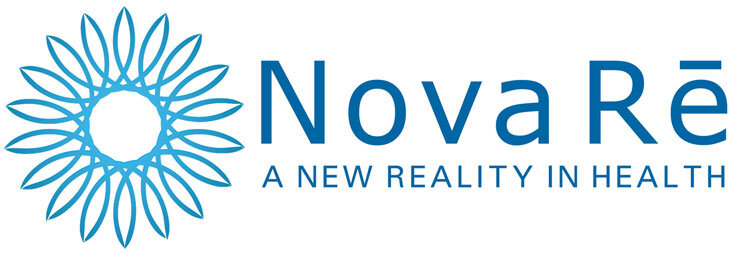Anxiety
40 million Americans age 18 and older are affected by anxiety disorders. Anxiety is also a common health condition that coincides with ADHD and Autism. Below you will find some of the current research related to anxiety.
Relaxation and immunity enhancement effects of GABA administration in humans. Abdou et al https://www.ncbi.nlm.nih.gov/pubmed/16971751
The effect of orally administrated gamma-aminobutyric acid (GABA) on relaxation and immunity during stress has been investigated in humans.
GABA significantly increases alpha waves and decreases beta waves compared to water or L-theanine. These findings denote that GABA not only induces relaxation but also reduces anxiety. In conclusion, GABA could work effectively as a natural relaxant and its effects could be seen within 1 hour of its administration to induce relaxation and diminish anxiety. Moreover, GABA administration could enhance immunity under stress conditions.
Omega 3 Supplementation Lowers Inflammation and Anxiety in Medical Students: A Randomized Controlled Trial. J. Kiecolt-Glaser et al.
https://www.ncbi.nlm.nih.gov/pmc/articles/PMC3191260/
These data suggest that n-3 (omega-3) supplementation can reduce inflammation and anxiety even among healthy young adults. The reduction in anxiety symptoms associated with n-3 supplementation provides the first evidence that n-3 may have potential anxiolytic benefits for individuals without an anxiety disorder diagnosis.
Association of Use of Omega-3 Polyunsaturated Fatty Acids with Changes in Severity of Anxiety Symptoms: A Systematic Review and Meta-analysis. K. Su et al
https://jamanetwork.com/journals/jamanetworkopen/fullarticle/2702216
Although participants and diagnoses were heterogeneous, the main finding of this meta-analysis was that omega-3 PUFAs were associated with significant reduction in anxiety symptoms compared with controls; this effect persisted vs placebo controls.
The effects of magnesium supplementation on subjective anxiety and stess - a systematic review. N. Boyle et al https://www.ncbi.nlm.nih.gov/pmc/articles/PMC5452159/
Dietary intake of Mg has been shown to be insufficient in Western populations [3,4,5]. Sixty-eight percent of Americans [3] and 72% of middle aged French adults [6] have been shown to consume less than the recommended levels of dietary Mg.
A relationship between Mg status and anxiety is evident in humans.
Magnetic Resonsance Spectroscopy Studies of GABA in Neuropsychatric Disorders. L Chang et al. https://www.ncbi.nlm.nih.gov/pubmed/12662128
Brain hyperexcitability and low GABA concentrations are also linked to a variety of psychiatric disorders, including anxiety, depression, addiction, and possibly schizophrenia.
Effects of Elevation of Brain Magnesium on Fear Conditioning, Fear Extinction, and Synaptid Plasticity in the Infralimbic Prefrontal Cortex and Lateral Amygdala. N. Abumaria http://www.jneurosci.org/content/31/42/14871
Anxiety disorders, such as phobias and posttraumatic stress disorder, are among the most common mental disorders.
The current study suggests that elevation of brain magnesium might be a novel approach for enhancing synaptic plasticity in a regional-specific manner leading to enhancing the efficacy of extinction without enhancing or impairing fear memory formation.
Reduced cortical gamma-aminobutyric acid levels in depressed patients determined by proton magnetic resonance spectroscopy. G Sanacora et al.
https://www.ncbi.nlm.nih.gov/pubmed/10565505
The depressed patients demonstrated a highly significant (52%) reduction in occipital cortex GABA levels compared with the group of healthy subjects. While there were significant age and sex effects, there was no interaction of diagnosis with either age or sex.
This study provides the first evidence of abnormally low cortical GABA concentrations in the brains of depressed patients.
Nova Rē supplements are manufactured to be pure and bioavailable in a GMP facility with 3rd party testing.
We will continue to add research so check back regularly.

